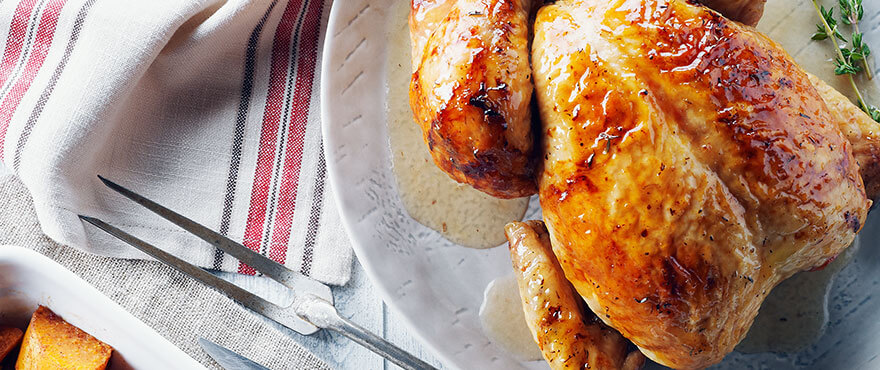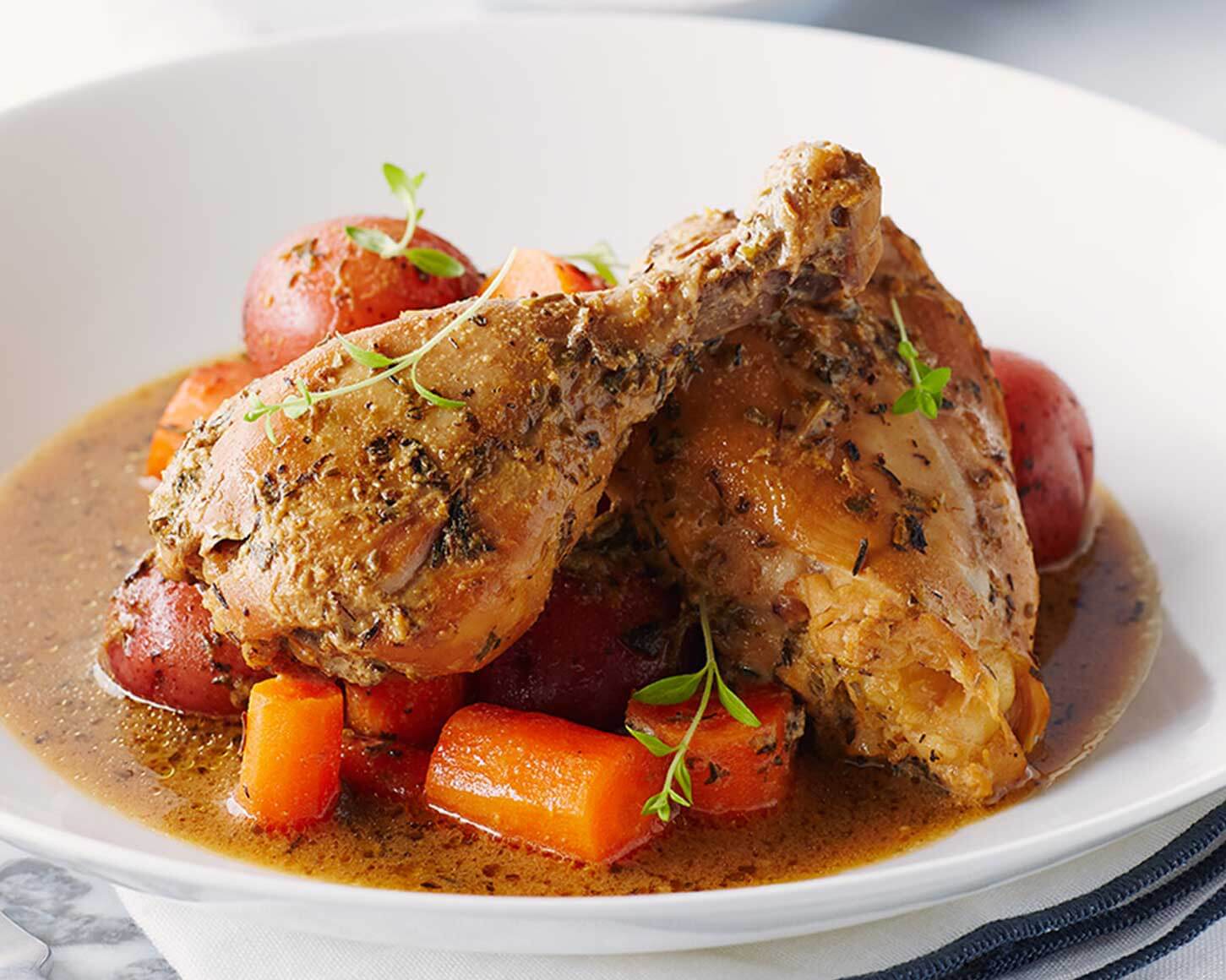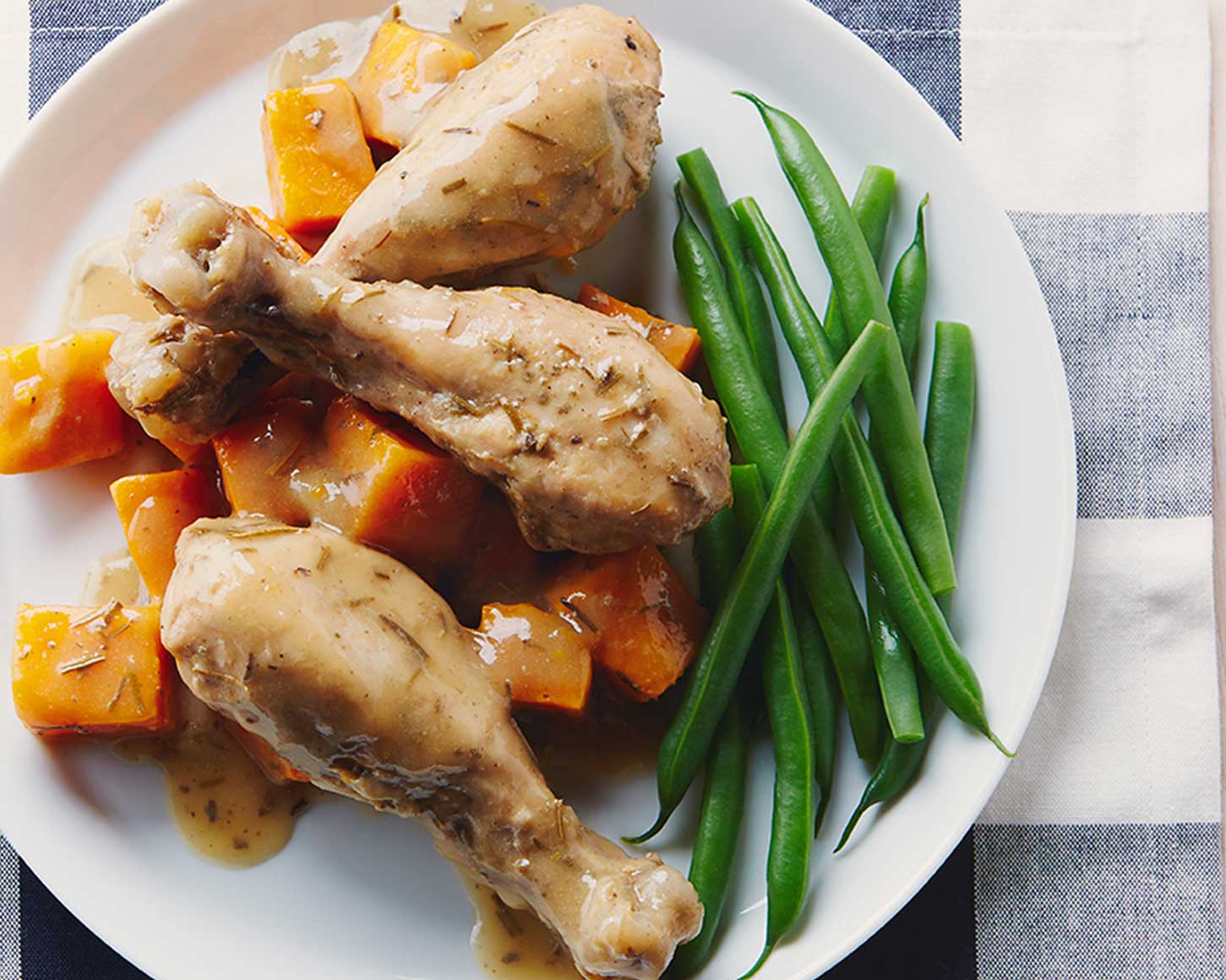
White Meat vs. Dark Meat: The Great Debate
The debate over white meat and dark meat has been going strong since the first family sat down to a roast chicken. Some people don’t like dark meat, while others extol its virtues and eat nothing else. So what really is the difference between the two?
Scientifically speaking, the difference comes down to the amount of myoglobin present in the different cuts of meat. Myoglobin is an oxygen-carrying protein (or hemoprotein) responsible for giving dark meat its reddish colour. The more myoglobin, the darker the meat and the richer the nutrients. Myoglobin provides muscles with the oxygen required for exercise and movement. Since chickens are flightless birds, they use their legs and thighs to get around, making those parts darker than the breast or wings.
For years dietitians, nutritionists, and other professionals have recommended white meat over dark meat because white meat has less fat and fewer calories. Fast forward to today where the war on fat has tempered; fat and saturated fat are not the dietary villains we once thought they were. And while dark meat does contain more fat than white meat, it’s not as big a difference as you might think and it’s this extra fat that gives it its juicy texture. Dark meat is also richer in nutrients than white meat and contains more iron and zinc.
What about the other nutrients in chicken? White and dark meat alike, chicken is an excellent source of many important vitamins and nutrients necessary for a healthy diet. Check out this nutrition cheat sheet to find out what you’re getting from your favourite cuts.
Nutritional Comparison – White vs. Dark Meat 100 g serving
| Nutrients | Chicken Thighs (Skinless) | Chicken Legs (Skinless) | Chicken Breast (Skinless) |
| Calories | 175 kcal | 155 kcal | 146 kcal |
| Fat | 8.43 g | 6.59 g | 1.73 g |
| Saturated fat | 2.60 g | 1.90 g | 0.59 |
| Protein | 25.95 g | 23.84 g | 32.58 g |
| B1 | 0.14 mg | 0.13 mg | 0.09 mg |
| B2 | 0.25 mg | 0.30 mg | 0.11 mg |
| B3 | 8.2 mg | 6.3 mg | 17.1 mg |
| B12 | 0.84 mcg | 1.20 mcg | 0.27 mcg |
| Iron | 0.95 mg | 0.93 mg | 0.48 mg |
| Zinc | 2.23 mg | 2.28 mg | 0.97 mg |
| Phosphorus | 207 mg | 202 mg | 269 mg |
| Potassium | 307 mg | 323 mg | 430 mg |


